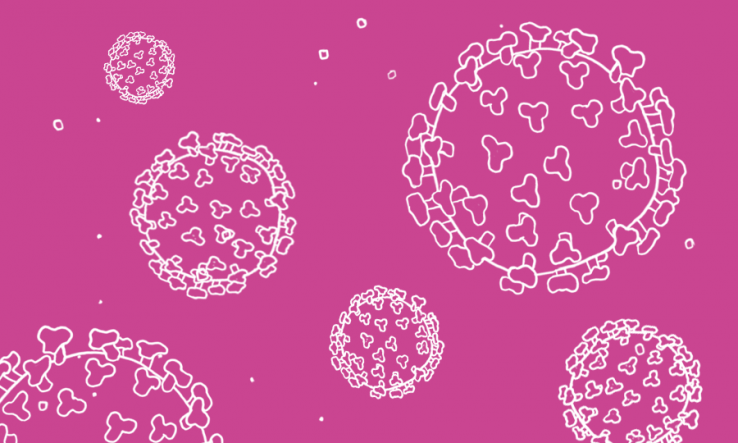
Health body aims to unite Covid-19 antibody surveys across countries to ‘drive policy’
The World Health Organization is coordinating a global study that will attempt to build up a picture of how many people have been infected with the Covid-19 coronavirus.
The Solidarity 2 study will pool data from research groups in different countries to compare rates of infection, something WHO officials say is “critical” to understanding the true extent of the pandemic and to inform policy.
As more and more countries around the world impose tough measures to restrict the spread of Covid-19, attention is turning to antibody tests to understand the true extent of infection and potentially offer a way out of the lockdowns many nations have imposed on their citizens.
Maria Van Kerkhove, the WHO’s technical lead for Covid-19, told journalists at a press conference on 27 March that the organisation is working with “a number of countries” on epidemiological surveys to track antibody levels in different age groups.
“WHO has a protocol that we put out online which is a core protocol which we want countries to use so that we can compare results,” said Kerkhove.
Mike Ryan, executive director of the WHO’s emergencies programme, said the “wide group of researchers” following this shared protocol for tracking Covid-19 infection constitute the Solidarity 2 study.
Pooling data “in a consistent and collaborative way” through such global studies is the best approach for tackling the complex problems thrown up by the pandemic, he added. “These are answers we need, and we need the right answers to drive policy.”
But questions remain over the reliability of antibody tests. Kerkhove says the WHO are working with countries to evaluate them at pace. “We’re trying to accelerate this as quickly as we can,” she said.
Solidarity 2 follows up the launch earlier in March of the Solidarity trial, a global coordinated clinical trial comparing four drugs for treating Covid-19. Ryan also told reporters that WHO is already planning Solidarity 3—a further global trial of preventative treatments for healthcare workers.
A consultation document published by WHO on 31 March outlines how a trial of 40,000 healthcare workers launching in southeast Asia could form the basis of a common protocol for Solidarity 3. The document also suggests data could be collected from countries like India “that have chosen to use unproven drugs to protect their healthcare workers.”